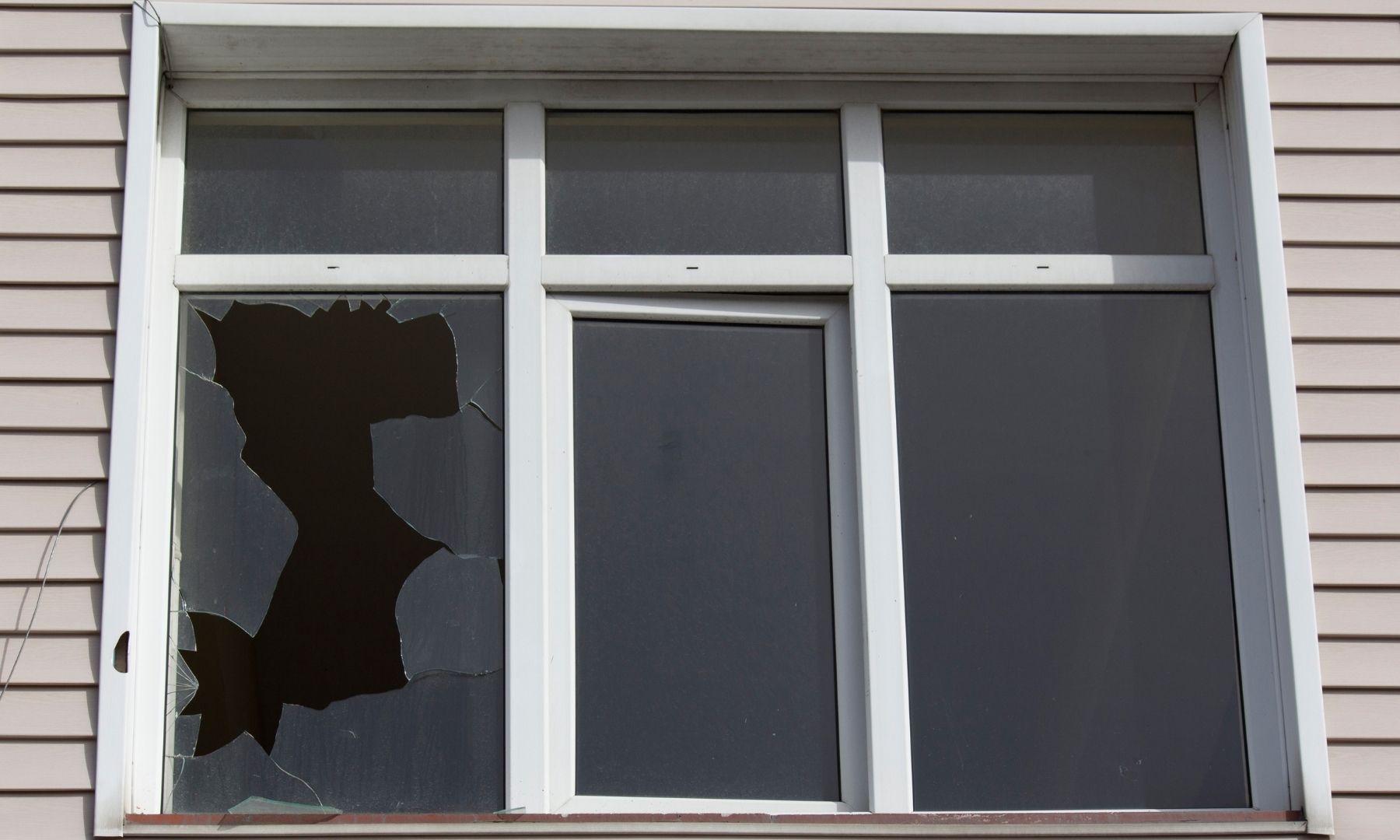What is landlord insurance and is it worth it?
If you rent out a property or are considering investing in one, it is important to have the right insurance. While you should have homeowners insurance on your property already, getting landlord insurance is an additional cost, but one worth considering. It’s not an expense you should avoid, and in fact, there are various reasons why landlord insurance is well worth the extra investment.
What is landlord insurance?
Typically, landlord insurance is added to an existing homeowners insurance policy. That means everything under the homeowner's insurance will be covered, as well as additional factors like damage caused during the tenancy.
Statistics show that rental properties are more prone to damage and maintenance problems as tenants do not have a vested interest in the property’s long-term durability. Repair work might be put off and if regular inspections don’t catch issues early on, the problem may grow over time. That is why, despite being an extra expense, landlord insurance is worth the security and peace of mind it provides.
What does landlord insurance cover?
Essentially, landlord cover will pay for expenses incurred on a property as a direct result of it being a rental property. Depending on the insurance policy you choose, this might include any repairs for damage as well as covering vacancy periods so that landlords can rest assured they’re prepared.
Landlord insurance may cover:
- General wear and tear.
- Periods of vacancy between tenants.
- Repairs for accidental damage caused by the tenant.
- Repairs for intentional damage caused by the tenant.
- Loss of rent for unexpected reasons.
- Landlord contents like the oven or dishwasher.
- Damage caused by methamphetamine contamination.
- Legal reparation and liability for damage caused by a third party.
- Hidden gradual damage like internal pipe leaks.
- Damage to neighbouring properties with common walls or surfaces.
- In some cases, rebuilding or repairs after a natural disaster.
In saying that, each insurance policy is different and each provider will have its own set of inclusions. For example, many providers won’t cover damage caused by major natural disasters, especially floods, earthquakes, and landslides since New Zealand is especially prone to them. If they do offer cover for these, it’s likely you will have to pay a higher premium.
Key benefits of landlord insurance
Generally, the cost of landlord cover is outweighed by the benefits. Without it, the cumulative repairs can outweigh the gains from your investment property in terms of time, money, and stress. Since rental properties can be more prone to careless and intentional damage, being adequately prepared is essential. Landlord insurance covers your legal liability and protects your investment and income.
Quick and efficient repairs
By investing in insurance, landlords can ensure they are prepared, no matter how bad the damage is. Whether the damage is malicious or not, landlord insurance gives you all the reassurance you need that damage will be fixed as soon as possible. It means you can seek the repairs you need, quickly, and without compromise if you’re covered.
Cover for delayed rent or vacancy periods
From time to time, landlords are likely to experience periods with no incoming rent from their property, such as when a lease ends or a tenant has vacated with rent owing. This can also happen when a tenant terminates the lease without warning, a tenant is legally evicted or the house is temporarily unsafe to live in. During these short-term periods, landlord insurance will cover up to a predetermined number of weeks worth of rent.
Decontamination of methamphetamine
Renting out a house contaminated with methamphetamine is a breach of landlord obligations under the Residential Tenancies Act 1986, the Building Act 2004, and the Health Act 1956. Even in cases where landlords are unaware of the problem, testing and decontamination come at a substantial cost. In order to avoid the fallout from these unexpected circumstances, landlord insurance can cover the cost and ensure the rental is generating income again, as soon as safely possible.
Landlord responsibilities
There are some obligations for landlords to abide by in terms of property insurance and repairs. Among the most important are:
Fixing careless damage
The Residential Tenancies Amendment Act 2019 describes who is liable for careless damage to rental properties such as a fire caused by a stove element left unattended. According to the law, the obligation falls on the tenants if the damage was caused by them or their guests. In this event, tenants are expected to pay four weeks' rent or the landlord’s insurance excess, whichever is lower. The landlord or property manager will then take the necessary steps to fix the damage, such as hiring a contractor using their insurance.
Informing tenants of insurance details
From 2020, landlords and property managers are required to share insurance details with new tenants and, with current tenants as well. This is so that tenants know their responsibilities in the event of damage and how much they would need to pay. By failing to provide this information to the tenants, landlords can be fined up to $500.
Do I need landlord insurance?
While it is a helpful insurance policy to have, many property owners see landlord insurance as just one more expense. However, based on decades of previous experience, property managers will advise that it is wise to invest in landlord insurance as it safeguards you from surprise expenses that are often unavoidable.
If managing your property is becoming a time and money drain, a property manager is equipped to take care of your rental obligations so that you don’t have to worry. They will also carry out regular inspections to ensure that the property is compliant with the necessary regulations, including your insurance policy, and identify any issues before they get out of hand. Most policies require that inspections are carried out regularly and if they are not, the insurance policy may be void. It is vital that inspections are carried out on time as stated in the policy.
McDonald Real Estate Property Management also offers a maintenance management fund, where a proportion of your rental income is set aside each week to pay for repairs and issues when they happen. This can help avoid too much disruption to tenants and long-term repair work, even if it is covered by landlord insurance.
For a free appraisal on your investment property, contact the team at McDonald Real Estate. Their expert team will guide you through the process and give you an accurate projection of how much your rental should receive based on your local market.



